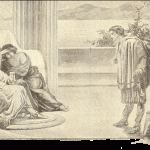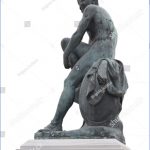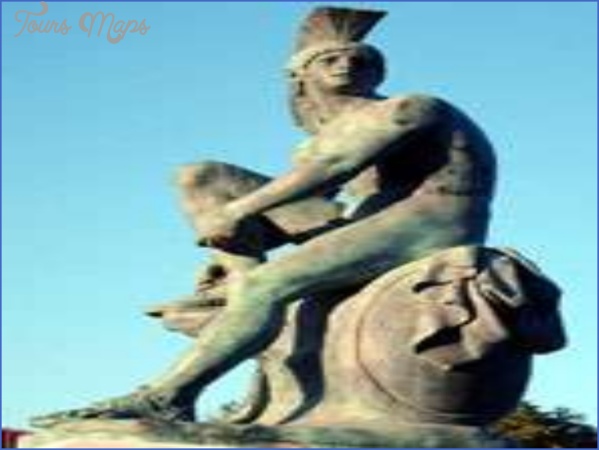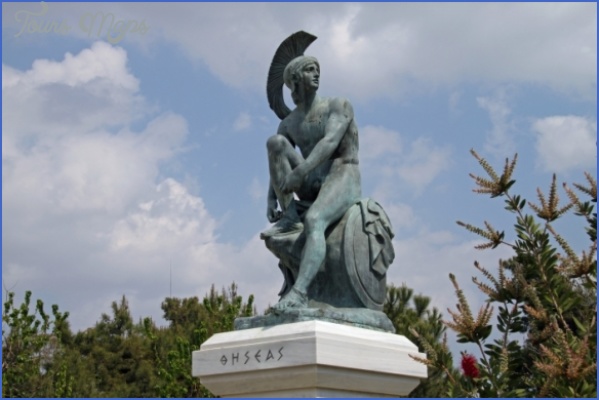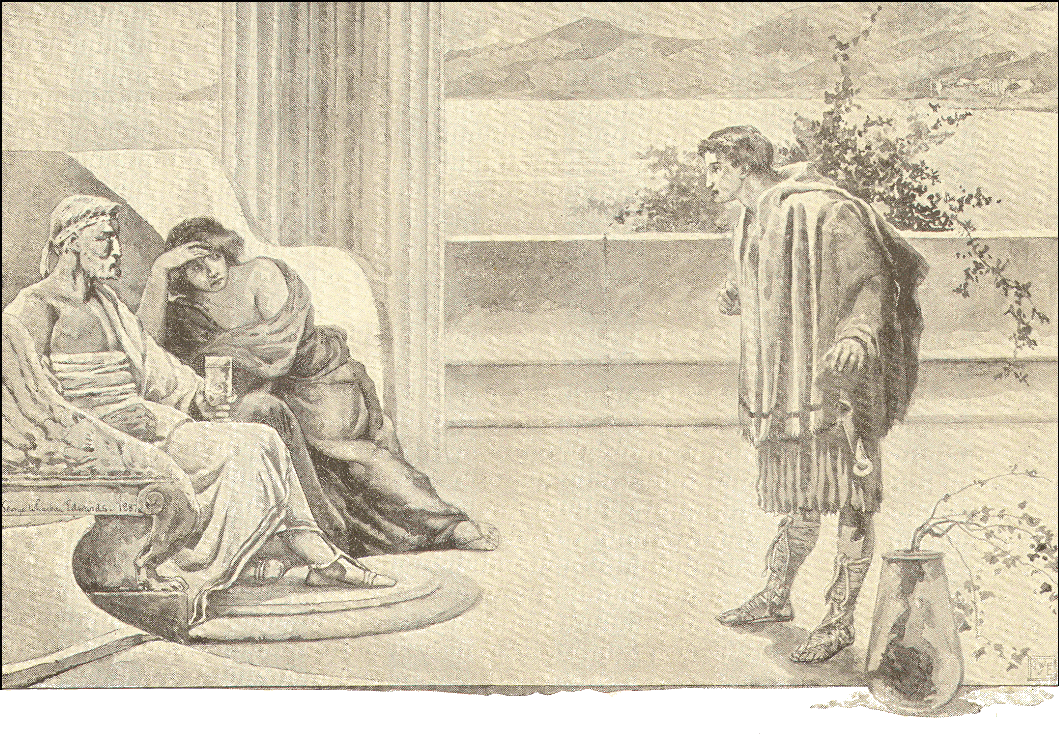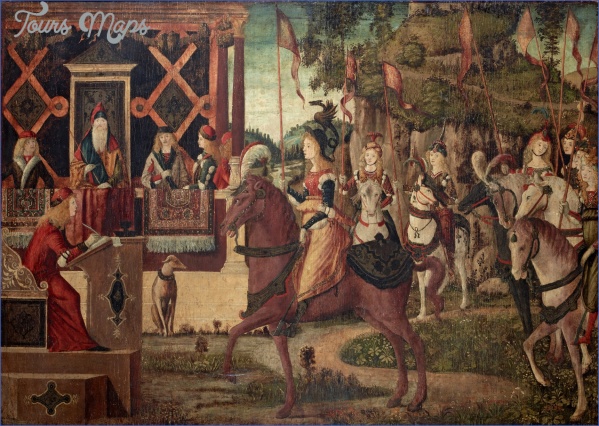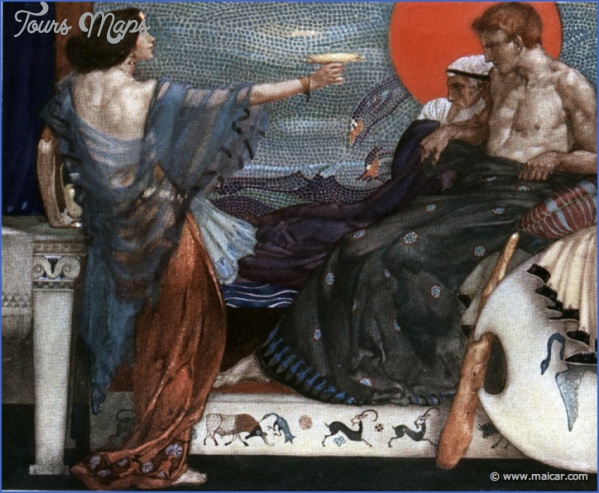Returning in triumph after dispatching the monster, Theseus discovered Athens plunged in mourning. Aegeus, convinced that his son had died, had leapt to his death either from Athens’ Acropolis or from Cape Sunium Now king, Theseus made Athens the capital of Attica and introduced many constitutional innovations that would result in Athens’ greatness – or so historical Athenians, keen to give their constitution an ancient pedigree, believed, and many fifth-century bc tragedies are nonchalantly anachronistic in their portrayal of Theseus as an enthusiastic proto-democrat.
Theseus, King of Athens Photo Gallery
Two episodes from Theseus’ career were considered so significant that they were carved on the Parthenon’s metopes. One was his battle with the Amazons. Accompanying Heracles on his voyage to Thermodon to steal the battle-belt of Queen Hippolyta, Theseus fell in love with the princess Antiope, brought her back home to Athens and had a son by her, Hippolytus. But the Amazons, believing that Antiope had been kidnapped, invaded Attica and occupied a rocky outcrop, subsequently called the Hill of Ares (Areopagus), just west of the Acropolis. After months of fighting and heavy losses the invaders were repulsed. Among the dead was Antiope.
Hippolytus, a Brief Digression
After Antiope’s death, Theseus married the Cretan princess Phaedra. When he was temporarily exiled for killing his cousins, the sons of Pallas, Theseus took her for a year to Troezen. This was now home to his son, Hippolytus, who, an ardent devotee of Artemis, had dedicated his life to chastity, renounced carnal joys and so earned the wrath of Aphrodite. But Phaedra had already met Hippolytus at the Eleusinian Mysteries and there she had fallen in love with him Living now in such close proximity, her infatuation grew – the daughter of Pasiphae (who lusted after Minos’ bull) and the sister of Ariadne (who had betrayed Crete for love of Theseus), she was of passionate stock. Then Theseus left to consult the oracle at Delphi. Phaedra’s passion for Hippolytus became unbearable. Unable to eat or drink she propositioned him, but he rebuffed her. So when Theseus returned she told him that Hippolytus had raped her. In Euripides’ innovative version, Phaedra’s nurse tricks her mistress into revealing her love and tells Hippolytus. Aghast, he threatens to inform Theseus. Phaedra hangs herself, leaving a letter accusing Hippolytus of rape. When he reads it, Theseus curses his son and begs Poseidon to kill him. As Hippolytus drives off in his chariot, Poseidon sends a bull from the sea, which spooks the horses, dragging Hippolytus to his death. Too late Artemis tells Theseus the truth, and swears to take revenge by ensuring the death of Aphrodite’s favourite mortal, Adonis.
But for Hippolytus death was not the end. Artemis persuaded the greatest of all healers, Asclepius, to restore him to life (flouting nature’s rules so dramatically that Zeus had no option but to kill Asclepius). Resurrected, Hippolytus lived in Italy, where, worshipped in Latium as Virbius, he protected fugitive slaves. Clearly he had learned the error of his chaste ways – the location of his sanctuary, Aricia, was named after his wife.
Maybe You Like Them Too
- Theseus & Peirithous
- The Voyage of the Argo Begins
- Minos, his Loves & his Family
- The Centaurs
- Athens in History & Today



